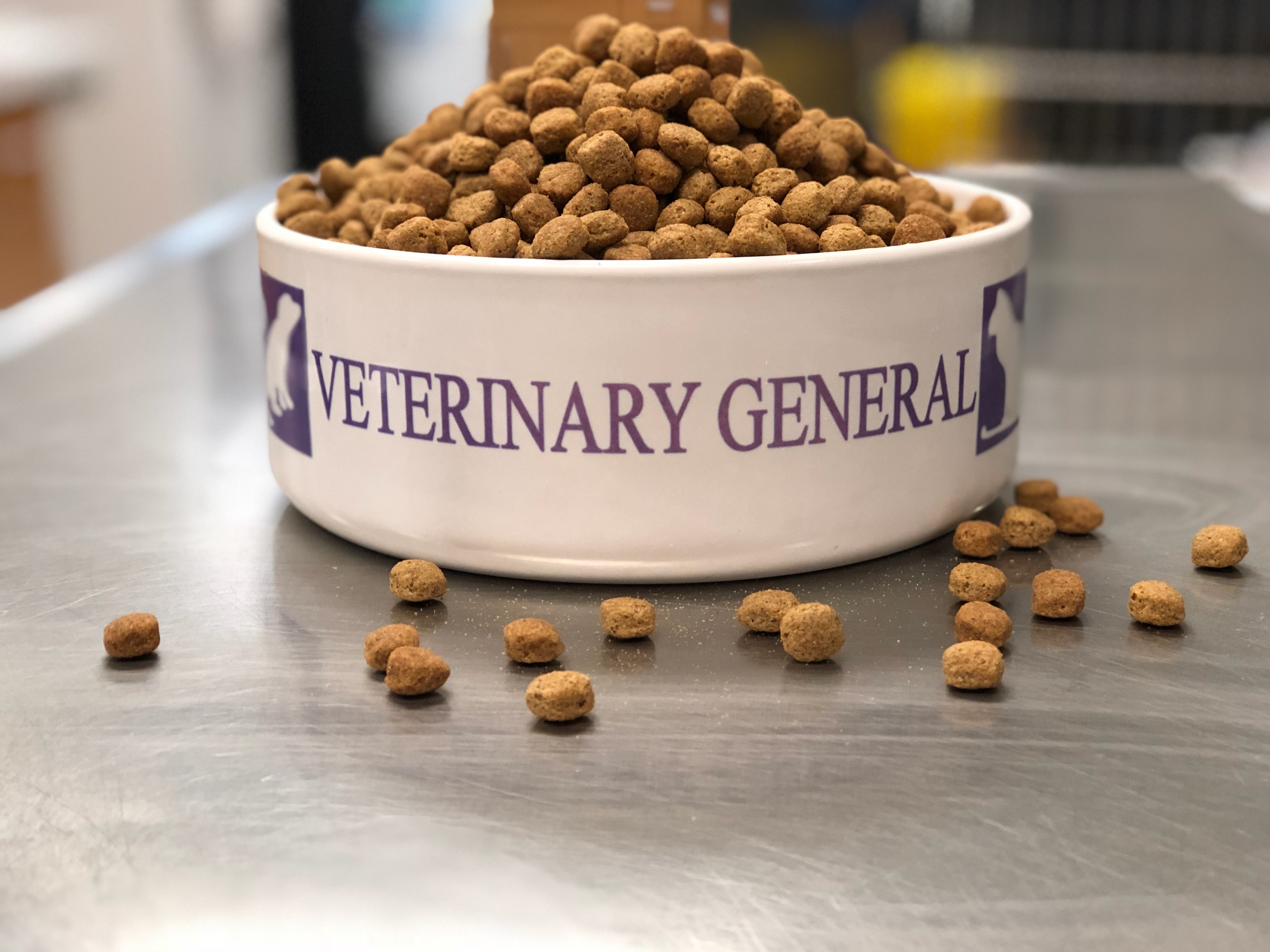
NUTRITIONAL TRUTH
By-products provide valuable nutrients for your pet:
- AAFCO* defines by-products as suitable for animal food; they are the clean internal organs including liver, lungs, heart, as well as cartilage, bone, and muscle tissues
- By-products are a valuable source of energy, vitamins, and minerals for your pet
- Quality by-products are safe and used by pet food companies that follow strict guidelines and standards
Grains provide valuable nutrients for your pet:
- Grains such as corn and wheat are excellent sources of quality protein, vitamins, minerals and fiber
- Many grains are more digestible sources of protein than meat
- There is no evidence to support claims that grains cause health problems excluding the rare dog with a true allergy [1]
- Many “grain free” diets substitute with potato or tapioca (for the grains), which contribute fewer nutrients than grains [1]
Wheat gluten provides a valuable source of protein for your pet:
- Wheat gluten is more than 80% protein, 99% digestible, and has an amino acid profile similar to other proteins (meat)
Chicken meal is an excellent source of protein for your pet:
- Chicken meal is dehydrated and defatted chicken and provides a very digestible source of concentrated protein
Flax does NOT contain Omega-3 fatty acids for your pet:
- Most veterinary research supporting benefits of omega-3 fatty acids; including benefits in dermatitis, arthritis pain, kidney inflammation, and heart disease [2], have been done evaluating EPA and DHA (found only in certain marine plants and fish)
- Flax requires conversion by your pet to achieve EPA and DHA, a conversion which is “uniformly poor” [1]
Food allergies – not all pet foods are created equally:
- Food elimination trials are the only way to diagnose food allergies in dogs
- One recent study showed that none of the over the counter (venison) diets tested were suitable for an elimination trial since they all were tainted with common pet food proteins[3]
- Your veterinarian is the most reliable source for accurate information and management of your pet’s health
Organic
- Is a description of process (under which plants/animals are grown/raised) and does not refer to quality of the raw material
- No official rules govern labeling of organic pet foods but they must comply with USDA National Organic Program regulations
- There is no scientific data to back up the “claim” that organic is healthier for pets
- Organic diets frequently use flax seed as a source of fatty acids. Flax seed does NOT contain EPA/DHA
Raw
- FDA does not advocate a raw meat, poultry, or seafood diet for pets
- There are no published, peer-reviewed articles supporting health “claims” for raw diets
- Published reports exist of gastroenteritis and death in animals eating contaminated raw meat foods
Natural
- Solely from plant, animal, or mined sources not having produced by or subject to, a chemically synthetic process; exceptions include: artificially synthesized vitamins, minerals, or other trace nutrients
- All Royal Canin diets contain ingredients (meat, cereals, fats) of natural origin
Human-grade & Holistic
- Not defined by AFFCO and therefore cannot be accurately used to describe pet food





Recent Comments